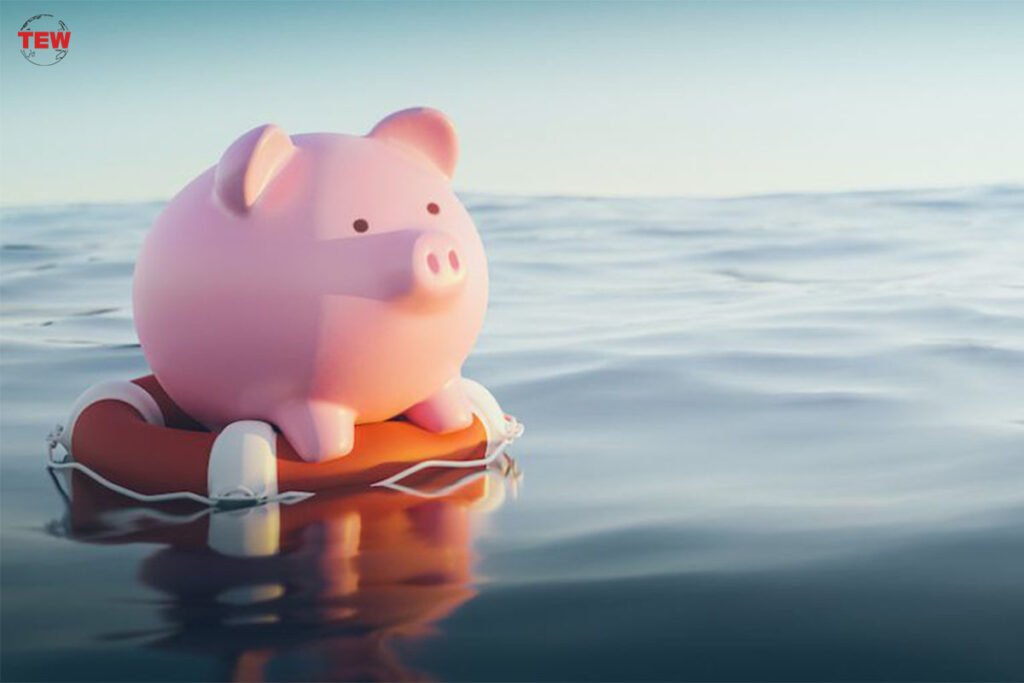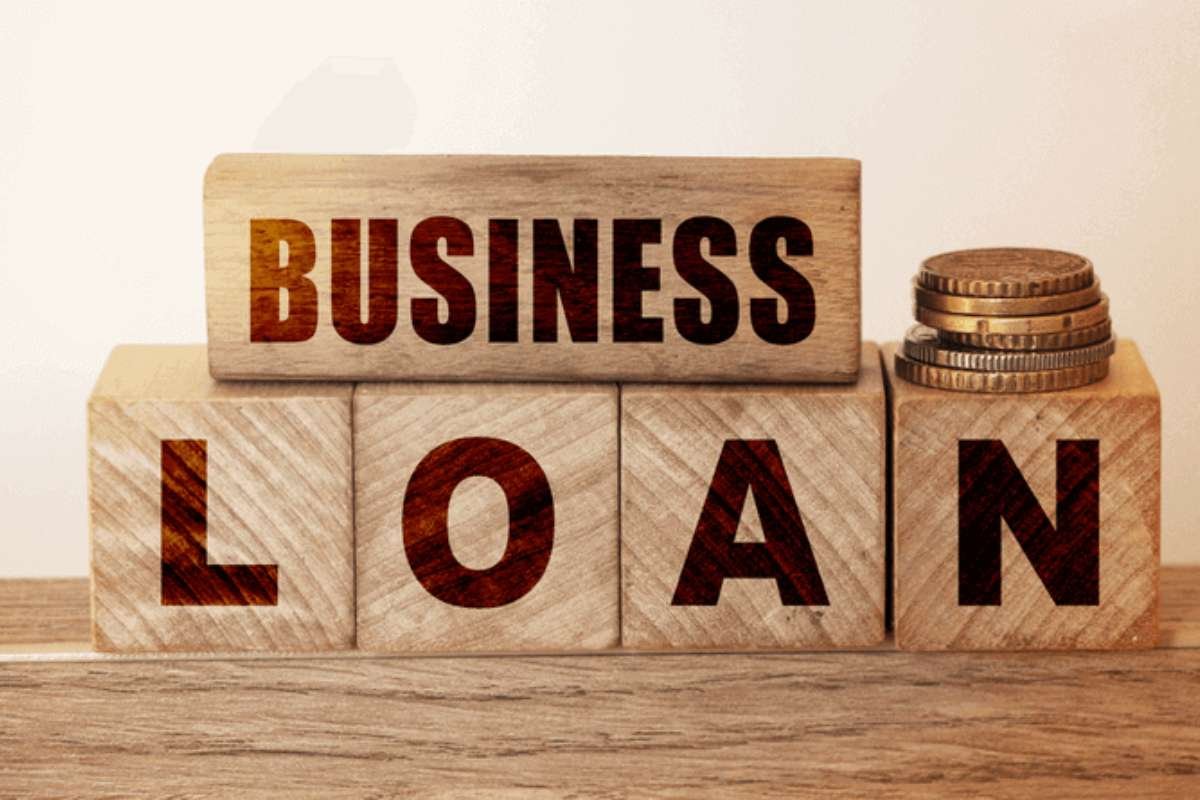This article is all about Guide To Dealing With Inflation in Australia, especially for self-employed people.
Inflation impacts everyone and there are thousands of workers behind desks in Australia that are worried about their financial future.
The recent release of data from the Australian Bureau of Statistics (ABS) has revealed that consumer prices have risen significantly in the past year. In particular, prices rose by 7 percent in the year leading up to July, with a slight decrease to 6.8 percent in August.
This marks an increase from June’s rate of 6.8 percent and the 6.1 percent growth seen during the previous quarter. These figures suggest that inflation remains a concern in Australia, potentially impacting individuals’ purchasing power and the overall health of the economy.
As a self-employed person, it is important to stay on top of inflation and the impact it can have on your income and expenses. Taking proactive steps now can prevent major financial strain in the future.
Here are some ways that you can manage the impacts of inflation and remain profitable as a self-employed worker in Australia:
Guide To Dealing With Inflation in Australia
1. Reassess and Update Pricing for Your Products or Services
The prices of the goods and services you offer may need to be periodically reassessed and, if necessary, updated in order to keep up with inflation. By staying informed about current market values, you can ensure that your pricing remains competitive while also guaranteeing that you are earning enough to cover your own rising costs.
It’s a good idea to review and update your prices at least once or twice a year, or as needed when faced with major changes in the economy. Along with monitoring any fluctuation in the cost of materials or supplies, consider conducting surveys or conducting market research to see how your prices compare with those of similar businesses in the industry.

2. Stay Informed About the Current Market Values
‘It’s crucial to stay informed about current prices for goods and services in your industry, as well as how those prices may change in the future due to inflation. This information can help inform your pricing decisions, ensure that you are not undercharging for your products or services, and plan for any potential financial challenges due to rising costs.
Additionally, monitoring inflation rates can give insight into the overall state of the economy and how it may affect your business. Staying informed about market values and inflation will ultimately benefit you as a self-employed individual both now and in the long term.
3. Consider Alternative Streams of Income
In today’s uncertain economic climate, it’s more important than ever to have a diverse range of income sources. Whether it’s expanding in your current field or branching out into a new industry, having alternative streams of income can act as a financial safety net if one source suffers during periods of inflation or turbulence.
It’s always wise to have backup options and be proactive in managing your finances. So why not explore the possibility of adding extra streams of income to your portfolio? Not only will it increase stability and security, but it can also potentially lead to new opportunities and personal growth.
Who knows, your side hustle may even turn into a successful and fulfilling career path. Don’t be afraid to take the chance and consider alternative streams of income as a smart investment in yourself and your future.
One of the various options that investors must consider as the value of the dollar declines is inflation hedging. And fortunately, there are a number of ways you can protect your assets as rising inflation grips the nation. Learning how inflation affects the stock market is the first step. You can also take action to protect your capital from inflation once you are aware of what you are up against. Check here how to hedge investments against inflation.
4. Research Previous Periods of High Inflation
One useful strategy is to research periods of high inflation in the past and see how they affected your profession or field. For example, during the 1970s oil crisis, certain industries like transportation were hit hard by inflation while others, such as alternative energy development, experienced growth.
By studying these patterns, you can better prepare for future economic changes and make informed decisions about investments and pricing. It’s also important to stay up-to-date on current inflation rates and policies that may affect your industry. Keeping track of this information can help to ensure financial security for yourself and your business.
5. Develop a Plan for Adjusting Prices in Response to Inflation
This should involve regularly monitoring the current and projected rates of inflation, as well as staying updated on any changes in the cost of materials used in your particular industry.
Once you have this information, you can factor it into your pricing strategy, ensuring that you’re able to stay competitive and keep growing your business. It’s also important to remember that price adjustments don’t necessarily need to be across the board; consider offering discounts or promotional deals to loyal customers while increasing prices for new ones.
6. Have an Emergency Fund Set Aside for Unexpected Expenses
As a self-employed person, it can be tempting to spend everything you earn on the day-to-day expenses of running your business. However, setting aside an emergency fund is crucial for dealing with unexpected expenses, particularly in times of inflation.
Inflation can make the cost of goods and services rise dramatically, putting strain on your budget and leaving you vulnerable to financial difficulties if you don’t have a safety net.
By setting aside a portion of your earnings each month in an emergency fund, you’ll have a buffer when inflation takes its toll on your expenses.

It may not seem like a priority in the present moment, but having an emergency fund can ultimately save you from potential disaster down the road. Don’t wait until it’s too late – start setting aside money for emergencies today.
As a self-employed individual, it can be especially challenging to navigate the financial ups and downs of inflation. However, there are steps you can take to ensure you are prepared for any ripple effects inflation might have on your industry or income.
However, by taking proactive measures like the ones listed above, self-employed individuals can weather the impacts of inflation and maintain financial stability.





